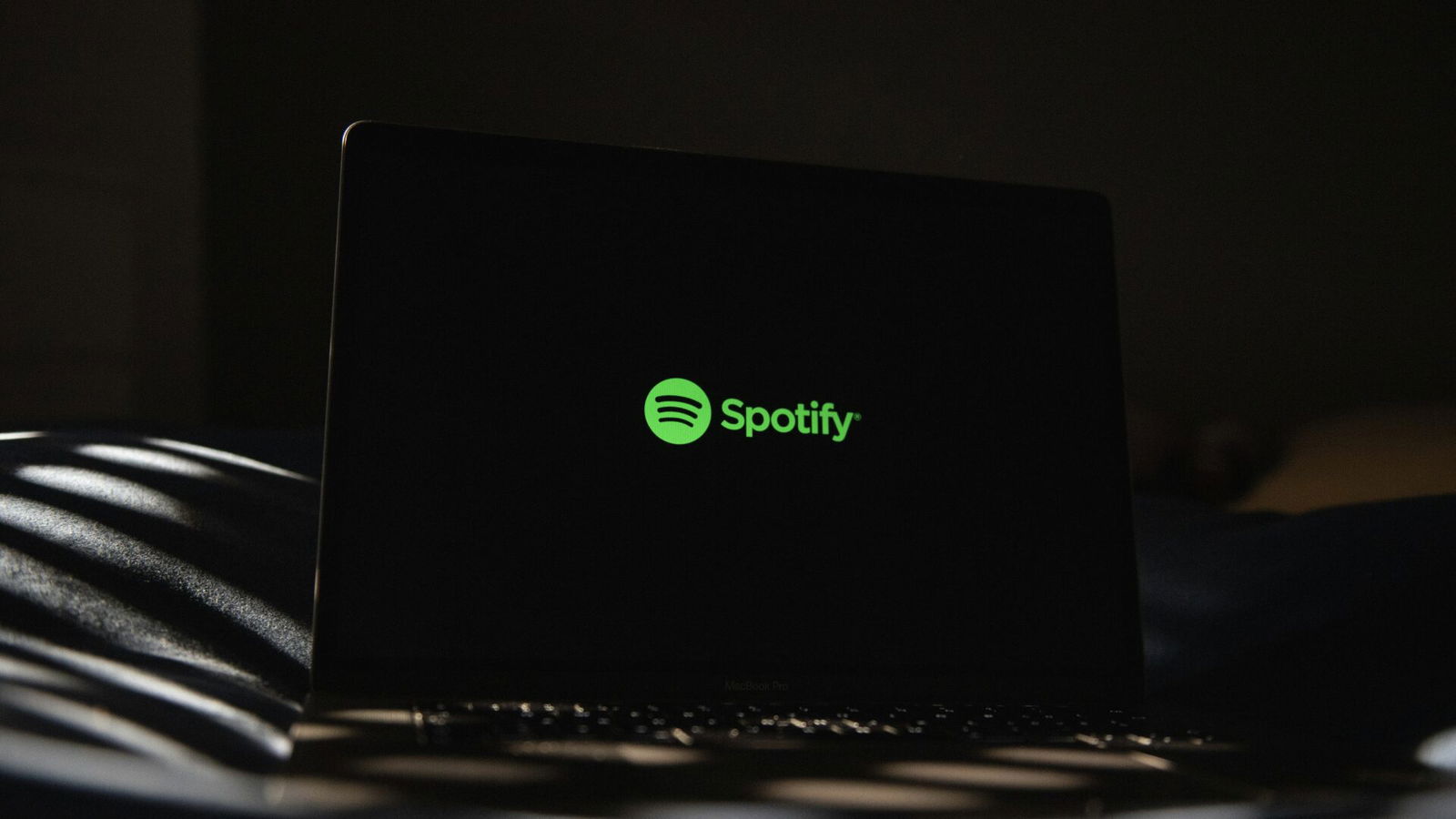
By Michaela Gordoni
Spotify takes responsibility to stop AI cloning, impersonation and spammy content on its platform.
It aims to “protect authentic artists from spam and impersonation and deception” and make sure listeners don’t feel “duped,” Spotify’s global head of music product, Charlie Hellman, said Thursday. However, he also said artists may use AI if they want, The Verge reported.
To do this, Spotify will partner with DDEX, a music standards-setting organization. They will develop a standard for disclosing the use of AI in any part of a song. There is no timeline for this implementation.
Related: Disney, Spotify, TikTok Made AI Advances
Sam Duboff, head of Spotify marketing and policy, said there are fifteen record labels and music distributors who have committed to adopting the disclosures. He explained labels and distributors will need to update their process of giving credit information.
Spotify will remove songs that “impersonate another artist’s voice without their permission — whether that’s using AI voice cloning or any other method.”
From the next few “weeks to months,” Spotify will roll out a spam filter that identifies spam uploaders, like users who upload tracks at just over 30 seconds to “try to rack up royalty-bearing streams” or upload the same tracks with different metadata.
Spotify wrote on its blog Thursday, “This journey isn’t new to us. We’ve invested massively in fighting spam over the past decade. In fact, in the past 12 months alone, a period marked by the explosion of generative AI tools, we’ve removed over 75 million spammy tracks from Spotify.”
Duboff denied claims of Spotify adding AI-generated songs to playlists to avoid paying artists. He clarified Spotify does not create any kind of music and said 100% of the platform’s music are “created, owned, uploaded by licensed third parties.”
“Our editors are focused on playlisting music that they think will resonate with audiences. And on tracks that appear to be primarily prompt generated, we’re seeing a very low level of engagement,” Duboff told The Verge. ‘But there is no truth to the conspiracy theories that we’re adding AI music to playlists or promoting AI music in any way for any financial benefit – all of the music on Spotify is licensed by third parties, we don’t create or own any of it, and we pay out royalties to third parties on all of it.”
This is a great step for Spotify, customers and artists. With less spam and junk on the platform, Spotify can avoid accusations of spamming its own platform, customers will get more of the music they want to hear and artists will experience less voice exploitation.
Read Next: Hollywood Fights Voice Cloning with No AI Fraud Act
Questions or comments? Please write to us here.


 - Content:
- Content: 
 – Content:
– Content: 
